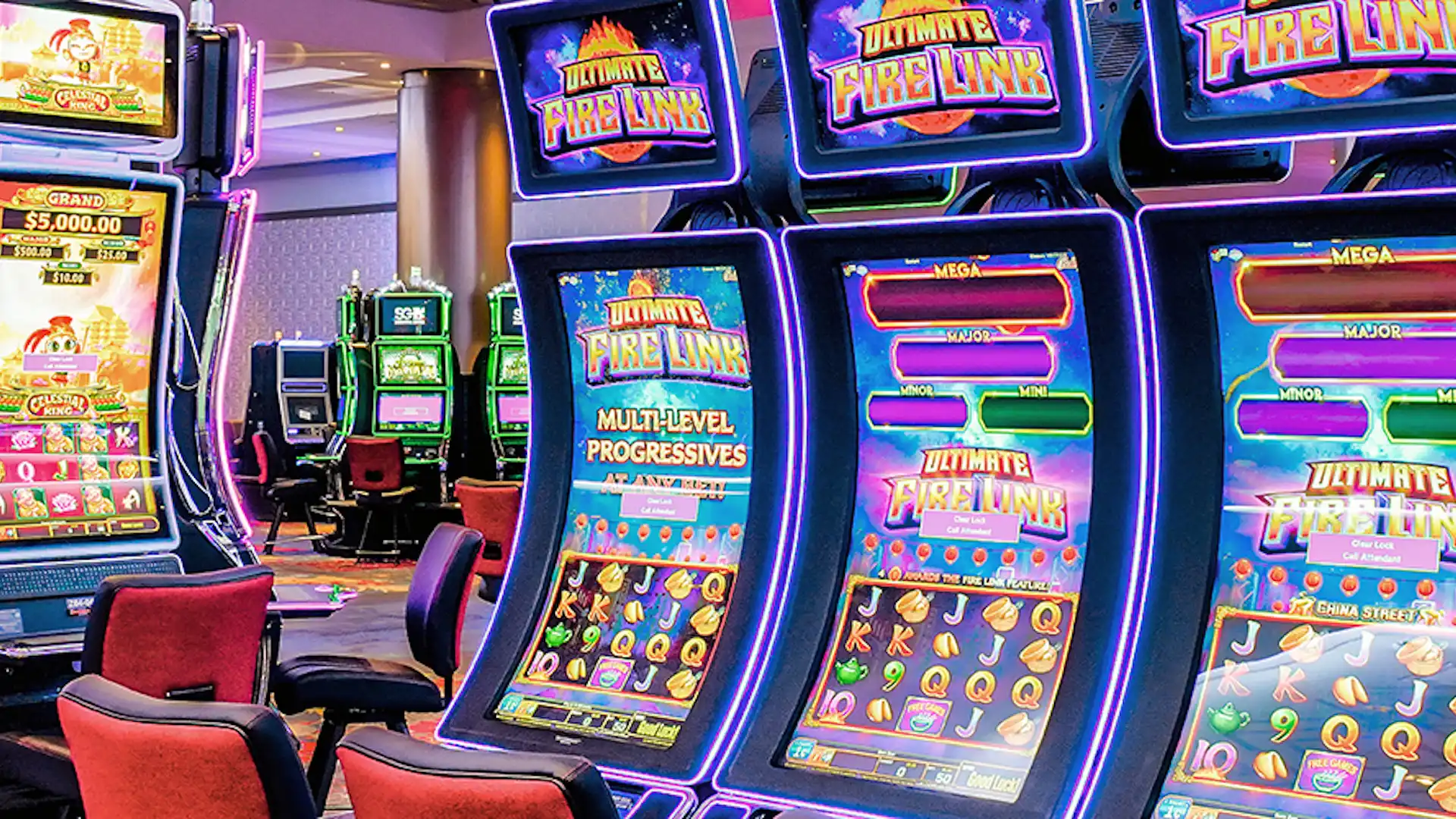
Gambling games have long been linked with the rush of chance and the excitement of luck. Many players arrive at a casino with the belief that their success depends solely on chance occurrences. However, a more profound investigation reveals that these games encompass much more than just the factor of luck. Understanding the mechanics, strategies, and human psychology behind casino games can greatly enhance the enjoyment and improve one’s chances of success.
Beyond the alluring sounds of rotating slots and rolling dice, casino games involve a diverse array of expertise, tactics, and decision-making. Whether you are engaged in blackjack, poker, or even baccarat, knowing the tactics can significantly influence the conclusion of the game. Moreover, the approach of the players and understanding the chances behind each game can shift the equilibrium of success away from mere chance. By understanding these dimensions, players can appreciate casino games as a combination of enjoyment and cognitive challenge, transforming their approach from one of passivity to one of active engagement.
The Psychological Aspects of Gambling
Grasping the psychology behind gambling reveals that player conduct is driven by much more than mere luck. The thrill of risk, immediate reinforcement, and a potential for achieving large sums can create a intense emotional experience. Numerous players become captivated by the excitement, which can lead to a cycle of increased betting and risk-taking, often driven by a hopeful optimism that colors their views of winning probabilities.
An additional crucial element in the mindset of casino games is the illusion of control. Many gamblers think that their decisions, such as the selection of games or wagering strategies, can significantly influence the outcome. Such a belief can enhance their engagement and enjoyment, but it also contributes to persistent gambling behavior, as players often ignore the role of randomness within the games. The excitement derived from making choices gives players a sense of involvement, which can be misleading in terms of understanding the true odds involved.
Moreover, the environment of the casino holds a crucial role in shaping a gambler’s experience. Factors like illumination, sounds, and the presence of other players create a stimulating atmosphere that reinforces the thrill of the game. This carefully designed environment can lead individuals to lose track of time and money spent, as they become enveloped in a sensory experience that heightens their affective investment. Recognizing these psychological dynamics is essential for understanding why casino games attract players and continue to them returning for more.
Expertise vs. Chance in Gambling Games
In the world of gambling games, the debate between skill and chance is a notable one. Numerous players are convinced that luck is the primary factor, especially in games like slots where outcomes are random. However, there are activities that clearly illustrate the significance of skill, such as poker and 21, where players can apply tactics and decisions that influence their overall results. Understanding the mechanics and nuances of each game can greatly alter a player’s outcome and success.
The importance of skill becomes apparent when examining the different tactics accessible to players. In games like Texas Hold’em, for example, players must interpret their opponents, calculate probabilities, and make informed choices based on their cards and the community cards. This depth of strategy showcases how proficient players can consistently surpass novices, proving that success is not solely based on chance but rather on the use of knowledge and experience. Similarly, in blackjack, players can use techniques like card counting to gain an edge over the casino, further showing the significance of expertise.
On the other hand, chance cannot be completely overlooked in any gambling game. While skill can improve a player’s odds of success, unpredictable results still play a crucial role. Even the best tactics can falter due to the random nature of card draws or spin results. This interplay between skill and luck creates a dynamic gaming environment where players must adapt and respond to random events while also utilizing their skills. Ultimately, effective casino gaming is a blend of both factors, contributing to the intricacy and excitement of the gameplay.
Tactics for Winning
To succeed in casino games, players must understand the importance of developing a plan designed to the particular title they are playing. Each title has its unique set of guidelines, odds, and details that demand a cautious method. For instance, in titles like blackjack, players can utilize techniques such as probability assessment to make more informed decisions and improve their odds of winning. Understanding the probabilities and payouts associated with various games can allow players to make smarter choices and improve their overall play experience.
Money management is an additional crucial strategy that cannot be ignored. Players should define a budget for their play periods and adhere to it. This guarantees that they do not overspend and helps keep a degree of oversight over their gambling habits. Deciding in advance the amount to wager and the right moment to leave can avert emotional decisions that often lead to big losses. Effective bankroll management enables players to enjoy gaming without the concern of losing more than they can afford.
Finally, gaining insights from play and noticing other players can provide insightful perspectives. Many successful players spend time reviewing not only their self-play but also that of others. This scrutiny can expose new methods and approaches, ultimately promoting better judgments. Gacam888 Participating in self-reflection after gaming sessions helps players recognize what was effective and what was ineffective, permitting them to tweak their strategies over time. By uniting insight, discipline, and awareness, players can increase their chances of triumph in gambling.
